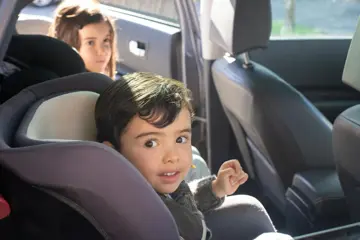Disabled Living Allowance (DLA) is a benefit paid to children and young people and young people under 16 years who have care or mobility needs as a result of a disability or ill-health, and is paid on top of any other benefits. DLA is ending for people who were born after 8 April 1948 and are 16 or over and is being replaced by Personal Independent Payments (PIP). This is a similar benefit but is based on a different type of assessment. It is based on two components – daily living component and mobility component.
Children and young people who receive DLA who reach 16 will be reassessed for either DLA or PIP depending on which part of the UK they live, although eventually all DLA claimants will be reassessed for PIP. A fostered child under 16 can still claim DLA, and the award is paid to an adult carer (the ‘appointee’).
If you think a fostered child might qualify for DLA, contact the DWP on 0345 712 3456. DLA and PIP are both non-means-tested, tax-free benefits, which you do not have to declare on your tax return. DLA can’t be backdated to before the claim and a DLA claim usually takes 40 days to process. If the claim is successful it will be backdated to the date the form was requested from DWP.


